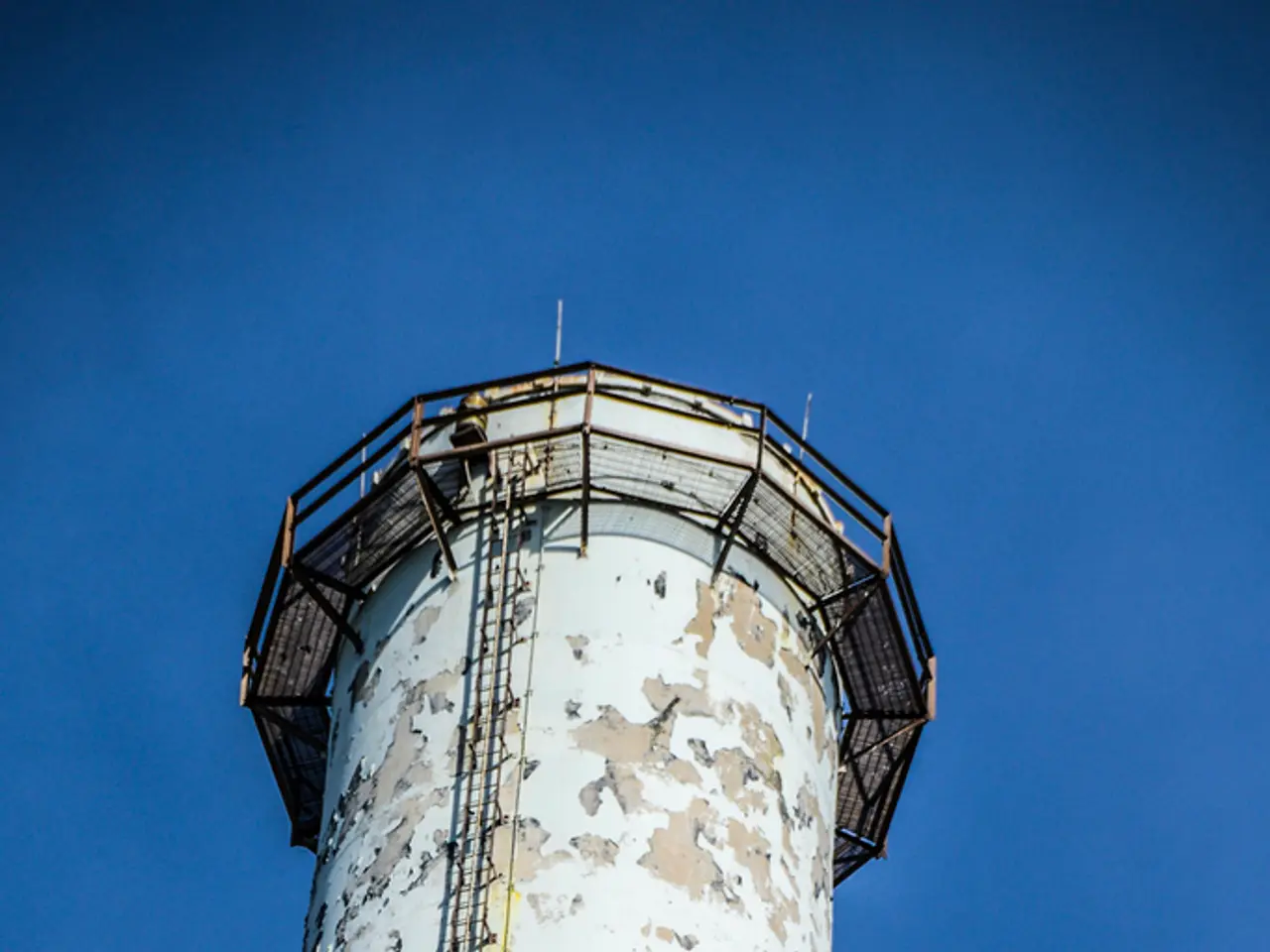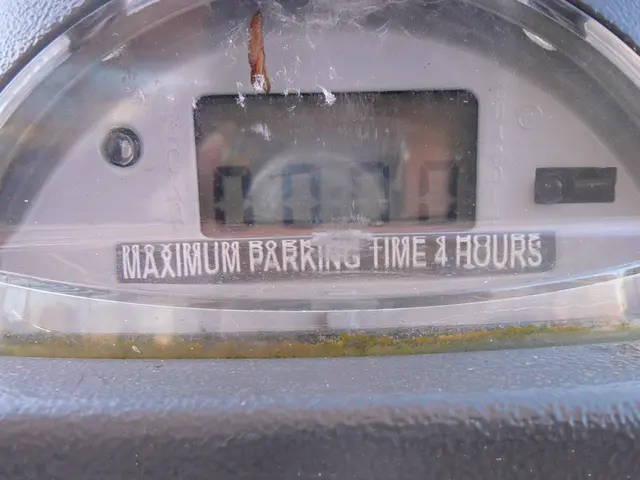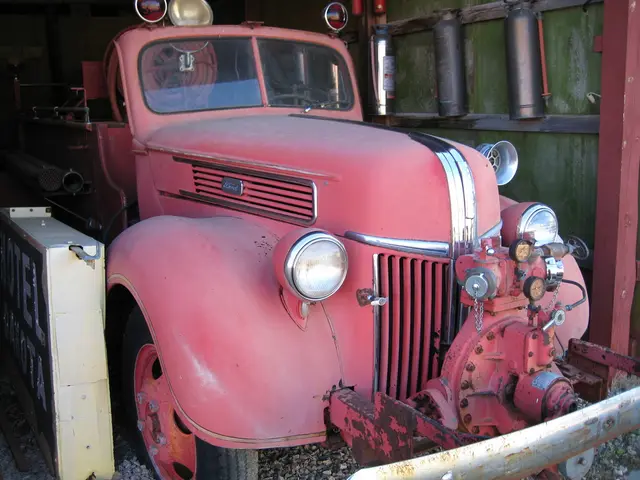Hydrogen-Powered Train of Indian Railways Set for Debut Following Successful Key Test - First Glimpse Revealed
The Northern Railway zone initiated the hydrogen train project in 2020-21, marking a significant step towards reducing the Railways' carbon footprint and dependence on imported fuel. The project, now in its final stage, is set to introduce the first hydrogen-powered train in India.
The train, a 10-coach diesel-electric multiple unit (DEMU) capable of carrying over 2,600 passengers, is poised to outperform its global counterparts. With a 1,200 horsepower (HP) engine, it boasts more than double the power of most hydrogen trains worldwide, typically equipped with 500 to 600 HP engines.
Key factors contributing to its superior power include a high-power engine design, length, passenger capacity, locally developed technology, robust hydrogen fuel infrastructure, and extensive safety features. The train's powerful engine enables it to handle tough routes and hilly terrains with ease, making it the world's longest hydrogen-powered train.
The engineering design and conversion of the train are being carried out at ICF Chennai, with Hyderabad-based Medha Servo Drives handling the technical integration. The Research Design & Standards Organisation (RDSO) is responsible for primary design, validation, and testing for the project.
A dedicated hydrogen refueling station in Jind, Haryana, supports the train's high energy demand, capable of producing around 430 kg of hydrogen daily for the storage facility, which has a total capacity of 3,000 kg. The facility stores 2,320 kg of hydrogen at low pressure and 680 kg at high pressure.
The train will be equipped with multiple safety systems, including pressure relief valves, leak detection, flame sensors, temperature monitors, and optimised ventilation. Computational Fluid Dynamics (CFD) studies have been conducted to simulate potential leak scenarios.
Experienced engineering firms, such as Medha Servo Drives, and independent safety audits by German firm TUV-SUD, underpin the train’s high-performance reliability and safety under hydrogen fuel's flammable nature.
The total project cost is approximately Rs 136 crore, making it a significant investment in India's renewable energy future. The hydrogen train project is a key part of Indian Railways' strategy to reduce greenhouse gas emissions and increase the share of renewable energy.
On August 13, the Ministry of Railways announced the successful testing of the country's first hydrogen-powered driving power car, marking a significant milestone in the project's progress. The first hydrogen-powered train in India is on the verge of final commissioning, set to revolutionise India's railway sector and contribute to a greener future.
- This hydrogen train project, a significant investment in India's renewable energy future, is set to introduce the first hydrogen-powered train in India, a key part of Indian Railways' strategy to reduce greenhouse gas emissions and increase the share of renewable energy.
- The train, with a 1,200 horsepower (HP) engine, boasts more power than most hydrogen trains worldwide, typically equipped with 500 to 600 HP engines, and is poised to outperform its global counterparts.
- The first hydrogen-powered train in India will be equipped with multiple safety systems, such as pressure relief valves, leak detection, flame sensors, temperature monitors, and optimised ventilation, ensuring its safety under hydrogen fuel's flammable nature.
- The train's powerful engine enables it to handle tough routes and hilly terrains with ease, making it the world's longest hydrogen-powered train, a testament to the robust hydrogen fuel infrastructure and locally developed technology.




